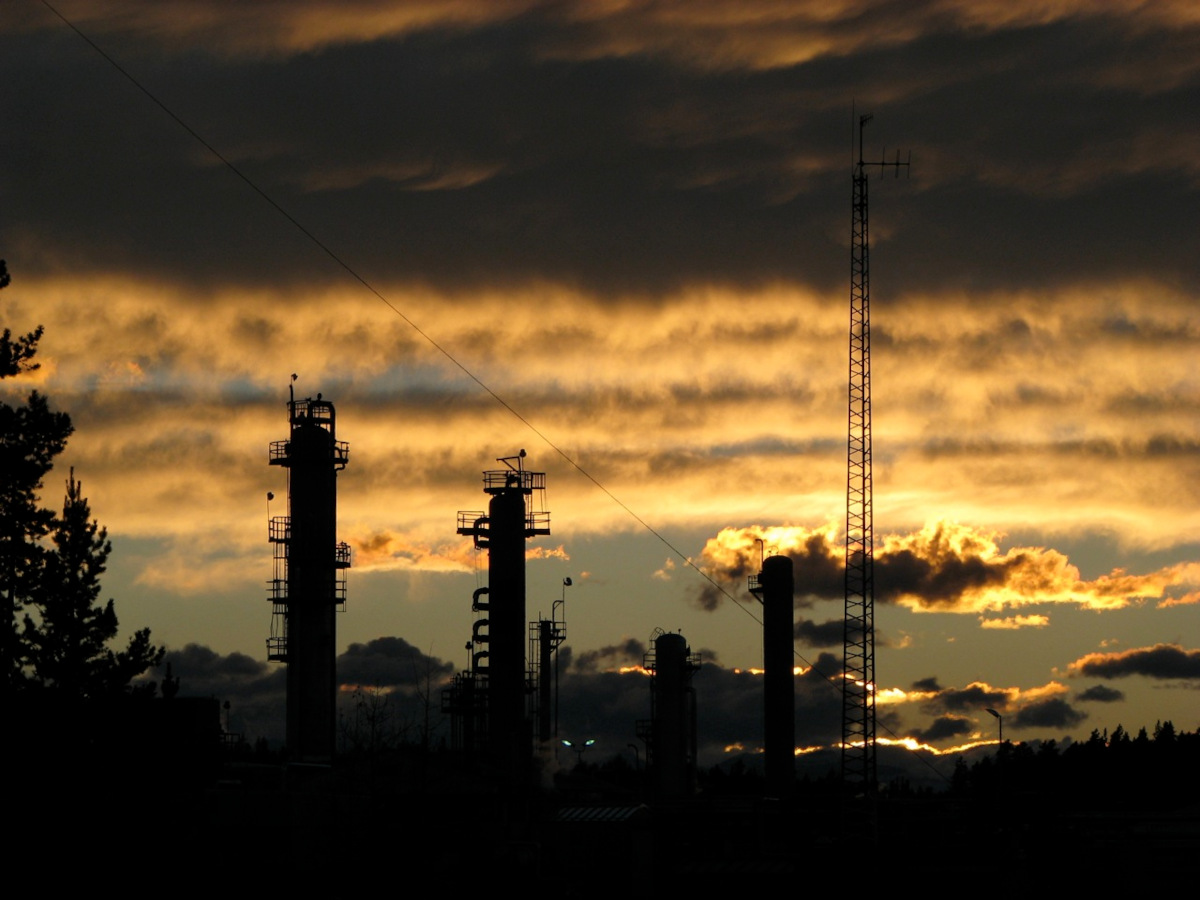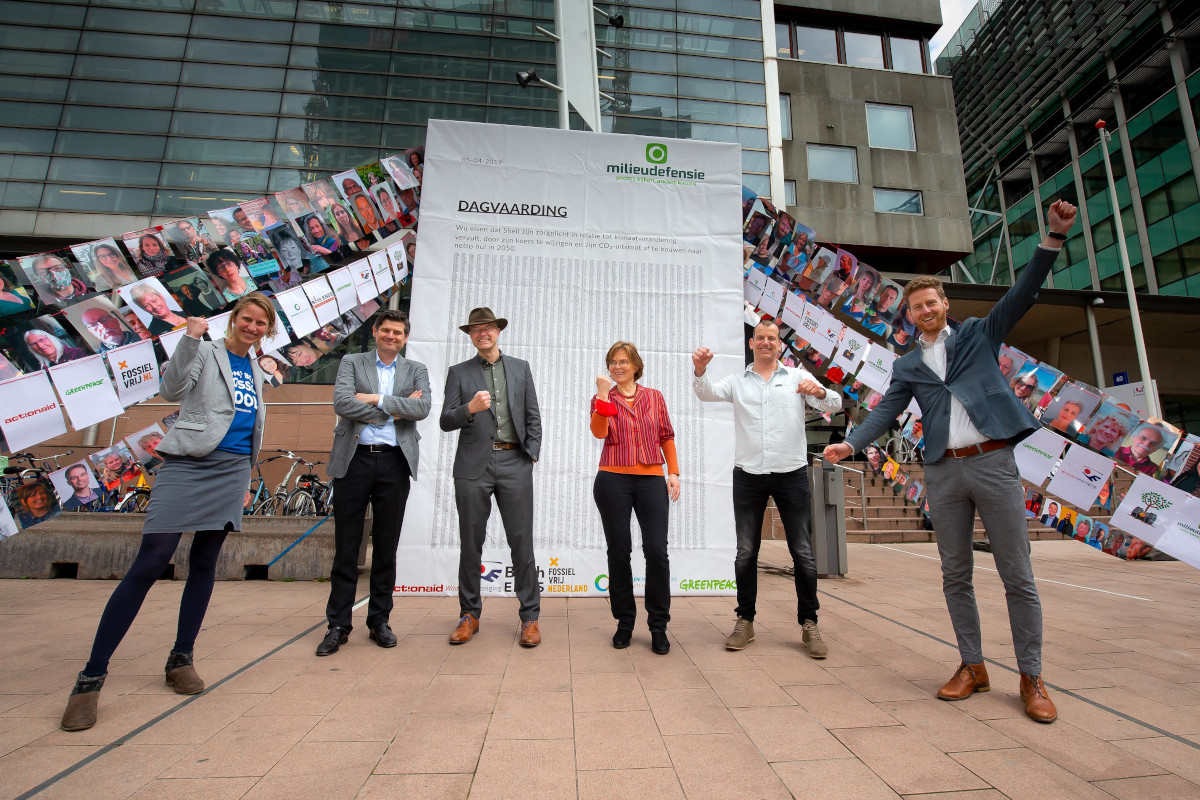
Environmental activists hailed a decision by a court in The Hague on 26 May, which ruled that Shell must reduce its CO2 emissions by 45% within 10 years (compared to 2019 levels). The “historic verdict has enormous consequences for Shell and other big polluters globally”, said Friends of the Earth Netherlands (Milieudefensie) which brought the action, in collaboration with 17,000 co-plaintiffs and six other organisations.
The verdict appears to mark the first ocassion in history, when a judge has held a corporation liable for causing climate change. Shell’s declared plan had been to reduce the “carbon intensity” of its products by 20% by 2030, with a view to reaching net zero by 2050. But the judge ruled that the resultant climate impacts endangered the human rights of the plaintiffs.
The mandated emissions reduction includes those associated with burning oil and gas (“scope 3” emissions). It could therefore be said that this a ruling that Shell must reduce its fossil fuel production, as comments from Stockholm Environment Institute (SEI) pointed out.
Donald Pols, director of Friends of the Earth Netherlands said: “The judge has left no room for doubt: Shell is causing dangerous climate change and must stop its destructive behaviour now.”
Roger Cox, lawyer for Friends of the Earth Netherlands, added: “This is a turning point in history. This case is unique because it is the first time a judge has ordered a large polluting company to comply with the Paris Climate Agreement. This ruling may also have major consequences for other big polluters.”

It is believed the ruling will have major ramifications internationally. Sara Shaw from Friends of the Earth International said: “Our hope is that this verdict will trigger a wave of climate litigation against big polluters, to force them to stop extracting and burning fossil fuels. This result is a win for communities in the global South who face devastating climate impacts now.”
The key points from the verdict were relayed as follows:
1 Royal Dutch Shell must reduce its emissions by 45% net by the end of 2030.
2 Shell is also responsible for emissions from customers (scope 3) and suppliers.
3 There is a threat of human rights violations to the ‘right to life’ and ‘undisturbed family life’.
4 Shell must comply with the judgment immediately, because Shell’s current climate policy is not concrete enough.
Donald Pols concludes: “This verdict is an enormous step forward for the international climate movement. One of the world’s biggest polluters has finally been held responsible. I am filled with hope for the future, as we know that the climate crisis does not wait and does not stop at our borders. That is why it is so important the judge is now forcing Shell to take responsibility for its actions. This is also a clear signal to the other big polluters that they also have to act now .”
The ruling also followed the May publication of a report by the International Energy Agency, which issued a stark warning about the consequences of fossil fuel production following its currently planned trajectory.







